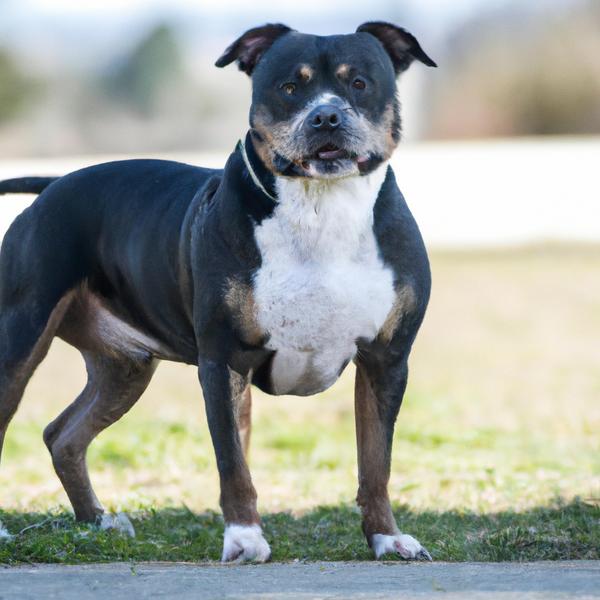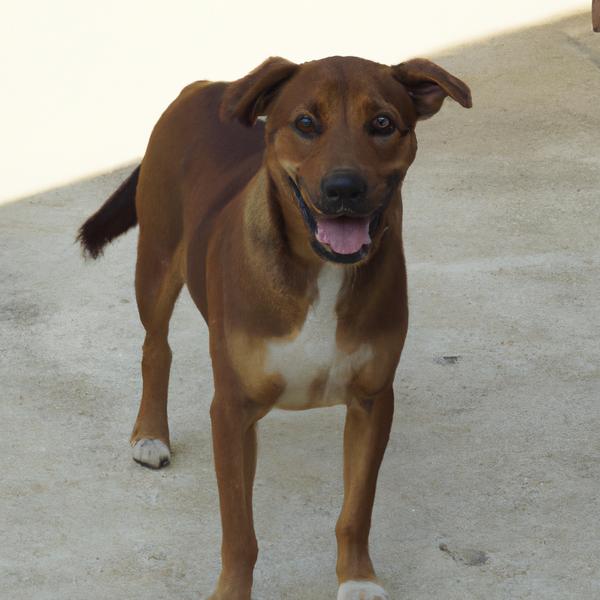American Bullweiler vs. Rottle: Breed Differences and Similarities
Hypoallergenic
Are American Bullweilers or Rottles hypoallergenic, or neither?
Unfortunately, neither American Bullweiler nor Rottle are hypoallergenic, which may not make them the best choice for dog lovers who suffer from pet allergies.
Temperament
What are the personalities of American Bullweiler and Rottle dogs?
Loving
Independent
Energetic
Protective
Alert
Courageous
Intelligent
Affectionate
Loyal
Gentle
Going
Social
Fearless
Good-natured
Active
Independent
Protective
Alert
Courageous
Intelligent
Loyal
Trainable
Fearless
Good-natured
Faithful
Instinctual
Shedding Level
Do American Bullweilers shed more than Rottles, or which breed sheds more, American Bullweilers or Rottles?
American Bullweilers are moderate shedders, but regular brushing can reduce shedding and maintain coat health.
Rottles are low shedding dogs, requiring minimal coat care.
Watchdog Ability
Which dog breed makes a better watchdog, the American Bullweiler or Rottle?
American Bullweiler and Rottle are very good watchdogs. They are a vocal breed and are wary of outsiders, so if someone approaches your home or aims to intrude, these breeds are going to make sure everyone knows about it.
Origin
What is the origin of American Bullweiler and Rottle dog breeds?
United States
Germany
Ancestry
What are the origins of American Bullweiler and Rottle breeds?
American Bulldog and Rottweiler
Poodle, Rottweiler
Date of Birth
When were American Bullweiler and Rottle breeds first developed?
1989
1980s
Litter Size
What is the usual litter size for American Bullweiler and Rottle?
American Bullweiler and Rottle, can have a litter of 8-12 puppies each on average. Nonetheless, it's important to keep in mind that litter size can differ significantly between individual dogs. Various factors such as the mother's health, breeding history, and genetics can have an impact on litter size.
Adaptability
The adaptability of American Bullweiler and Rottle dogs is a well-known trait. They are known for being able to adjust well to different living environments and lifestyle changes.
Health Issues
Between American Bullweiler and Rottle, which breed is more prone to health problems?
American Bullweiler and Rottle breeds are generally considered to be healthy. However, like all breeds, they are susceptible to certain health issues and it is important to keep an eye out for them and address them with your veterinarian as needed.
Major Concerns
What are the major health concerns for American Bullweiler and Rottle breeds?
Hip Dysplasia
Patellar Luxation
Hip And Elbow Dysplasia
Subaortic Stenosis
Mitral Valve Dysplasia
Gastric Dilation Volvulus (GDV) or Bloat
Minor Concerns
What minor health issues should be kept in mind when owning American Bullweiler and Rottle?
Pulmonic Stenosis
Sebaceous Adenitis
Von Willebrand's Disease
Osteochondritis Dissecans
Progressive Retinal Atrophy (PRA)
Occasional Tests
What occasional tests are recommended for American Bullweiler and Rottle breeds?
Hip
Heart
X-Rays
Physical Examination
Eye Examination
Skin Evaluation
Cardiac Ultrasound
Blood And Urine Analysis
Diagnostic Imaging
DNA
Energy
How do the energy levels of American Bullweilers and Rottles compare?
For those who lead a balanced lifestyle, American Bullweiler and Rottle breeds may be a good choice as they have an average energy level.
Social Needs
American Bullweiler vs Rottle social needs comparison
American Bullweiler and Rottle have very high social needs. These needs include regular mental and physical stimulation, a job or purpose, and companionship. They thrive in environments where they have a lot of interaction with humans and other dogs.
Exercise Needed
American Bullweiler vs Rottle exercise need comparison.
The American Bullweiler and Rottle breeds need significant physical activity to maintain a healthy lifestyle. They are well-suited for those who lead an active lifestyle and enjoy activities such as running, hiking, or other outdoor pursuits.
Sleeping Need
Which of the two sleeps the most/least: American Bullweiler or Rottle?
American Bullweilers have moderate energy levels and typical sleep patterns of 12-14 hours per day.
Rottles sleep less than other breeds but still need adequate sleep for good health.
Tendency to Bark
Do American Bullweilers or Rottles bark more/less frequently?
American Bullweiler dogs are generally less vocal than other breeds and only bark when necessary, such as to alert their owner or communicate.
Rottles bark moderately when necessary and may also bark due to certain triggers like fear, alarm, boredom, greeting, separation anxiety and compulsive barking.
Mouthiness
Mouthiness Comparison: American Bullweiler vs Rottle?
Roaming urge
American Bullweiler vs Labrador: Running away tendency?
Prey Drive
American Bullweiler or Rottle - which breed has a higher level of prey drive?
Tolerance of being left alone
Grooming
Which breed is easier to maintain in terms of grooming, American Bullweilers or Rottles?
The American Bullweiler is a low-maintenance breed that doesn't require much grooming.
The Rottle requires an average amount of grooming compared to other breeds.
Intelligence
Comparing Intelligence: American Bullweilers vs Rottles
The American Bullweiler and Rottle breeds are considered very intelligent and easy to train.
Sensitivity Level
How do American Bullweiler and Rottle compare in sensitivity?
These breeds are more sensitive than others and easily overwhelmed by new surroundings and people. American Bullweiler and Rottle need gentle handling and a calm, stable home environment with positive reinforcement training.
Affection Dependance
Which is the more affectionate dog breed: American Bullweiler vs Rottle?
Apartment Friendly
Which breed is more apartment-friendly: American Bullweiler or Rottle?
American Bullweilers are good apartment dogs as long as they get enough exercise and stimulation outside of the apartment.
The Rottle is a great apartment dog, thriving with sufficient exercise and time outside as part of their daily routine.
Child Friendly
Do American Bullweilers or Rottles have a friendlier temperament towards children?
American Bullweilers have an average level of friendliness towards children.
Rottles are good with kids if socialized and trained from a young age.
Senior-friendly
Which dog is more suitable as a pet for the elderly - American Bullweiler or Rottle?
Cat Friendly
Do American Bullweiler or Rottle breeds have a better compatibility with cats?
American Bullweilers are average in their friendliness toward cats and tend to do well with them, especially if raised together.
Rottles are good with cats, but early training is needed to prevent chasing behavior.
Dog Friendly
Which breed is more sociable with other dogs: American Bullweiler or Rottle?
American Bullweilers are less friendly towards other dogs, but can improve with socialization.
Rottles are average in their friendliness towards other dogs, and socialization can help.
Pet friendly
How do American Bullweiler or Rottle dogs interact with other pets?
Stranger Friendly
Which breed is more friendly with strangers: American Bullweiler or Rottle?
American Bullweilers are quick to announce strangers and can be standoffish or suspicious.
Rottles are averagely friendly around strangers but benefit from early socialisation.
Playfulness
Which breed is more playful between American Bullweiler and Rottle?
American Bullweiler and Rottle are playful dogs. So, no matter how busy the day may get, the best thing you can do for American Bullweiler and Rottle is to make time each day to play. It can be as little as 15-20 minutes, and it will mean the world to them.
Trainability
How do the trainability levels of American Bullweilers and Rottles compare?
American Bullweiler and Rottle dogs are known for their ease of training and ability to learn quickly, making them a popular choice for pet owners and trainers alike.
Compare American Bullweiler with other breeds
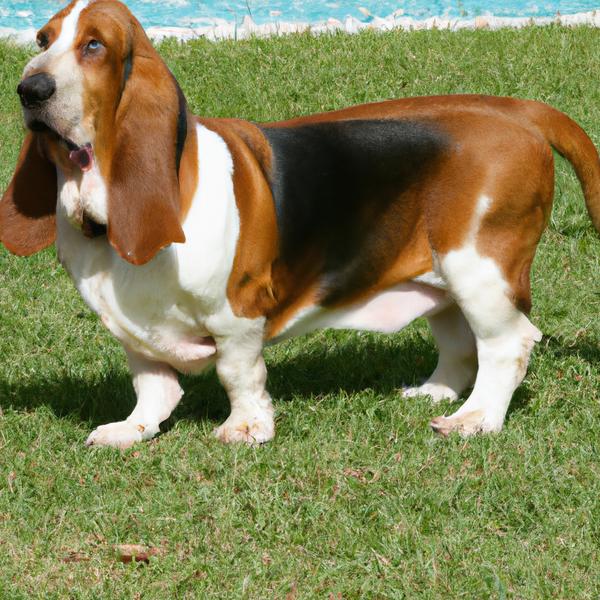
Basset Hound
American Bullweiler vs Basset Hound
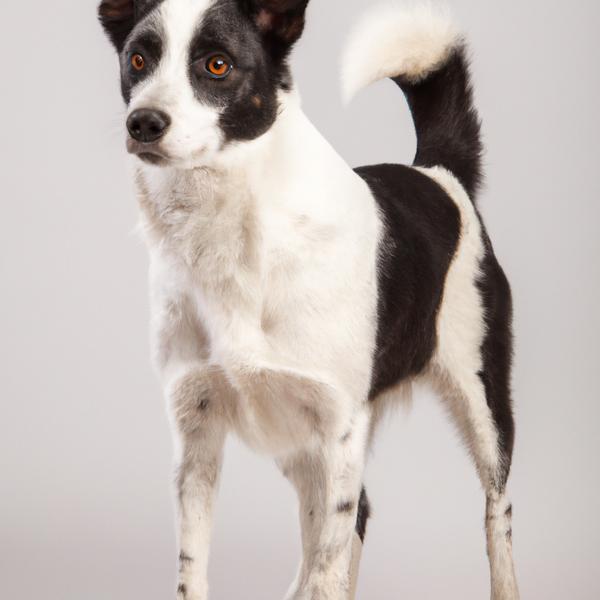
Border Jack
American Bullweiler vs Border Jack
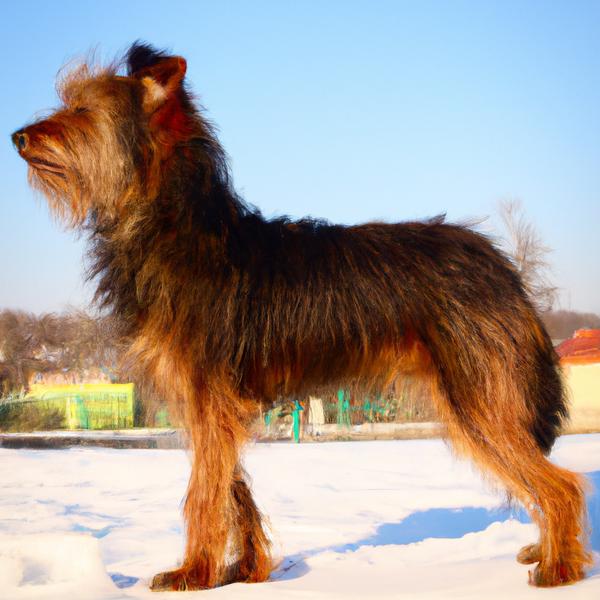
Dashalier
American Bullweiler vs Dashalier

Labbe
American Bullweiler vs Labbe
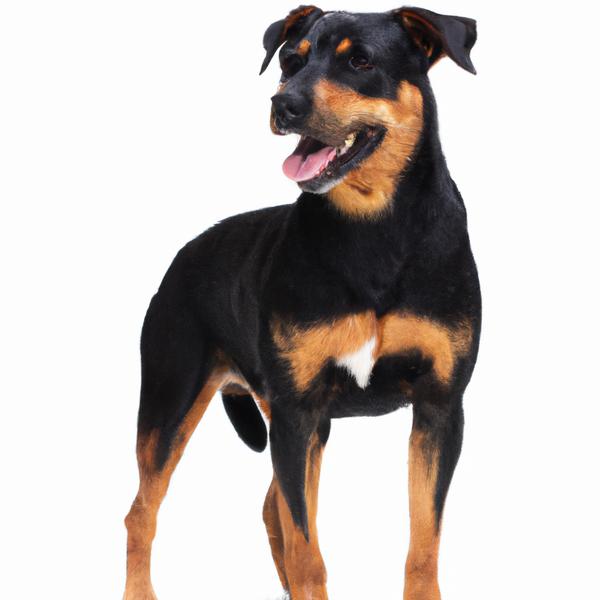
Jackweiler
American Bullweiler vs Jackweiler
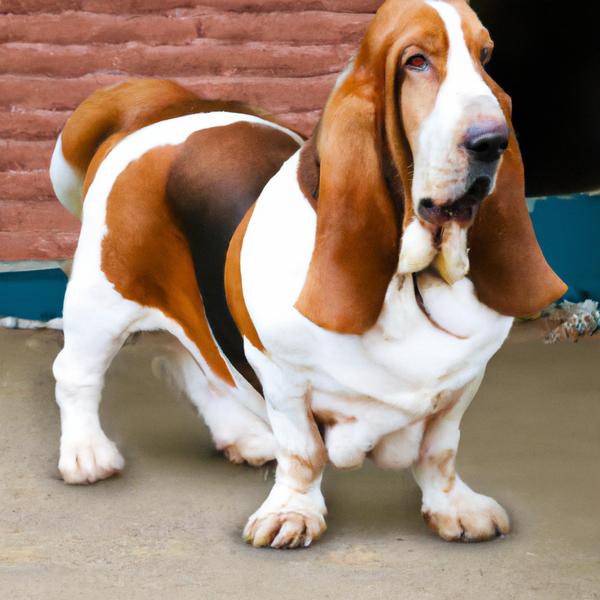
Hush Basset
American Bullweiler vs Hush Basset
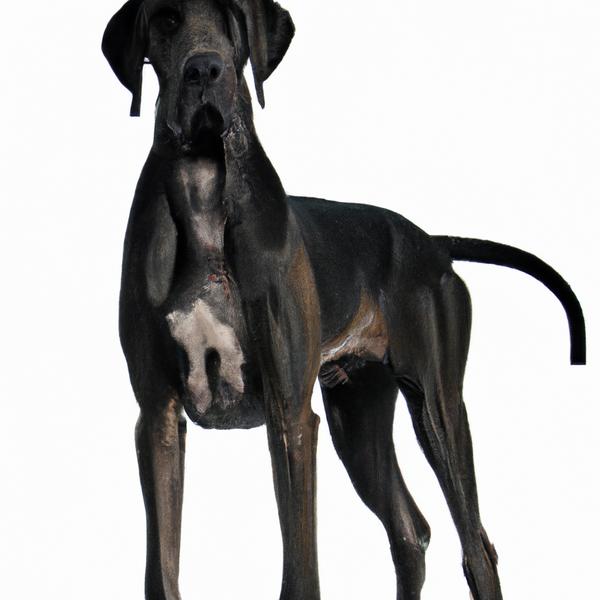
Cortese
American Bullweiler vs Cortese
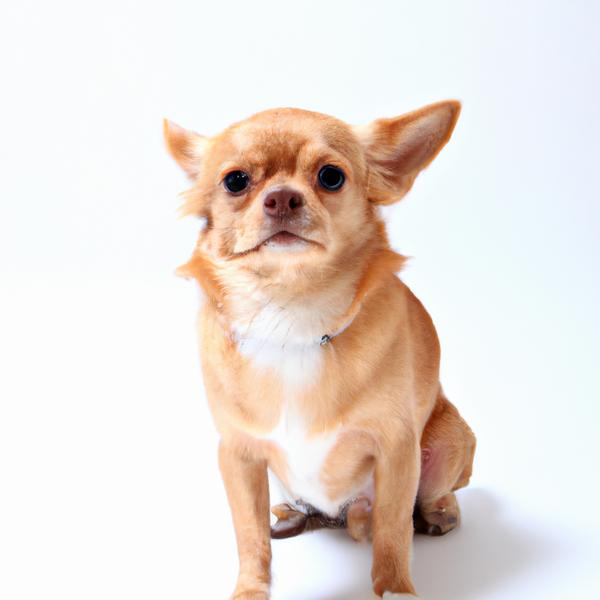
Chi-Chi
American Bullweiler vs Chi-Chi
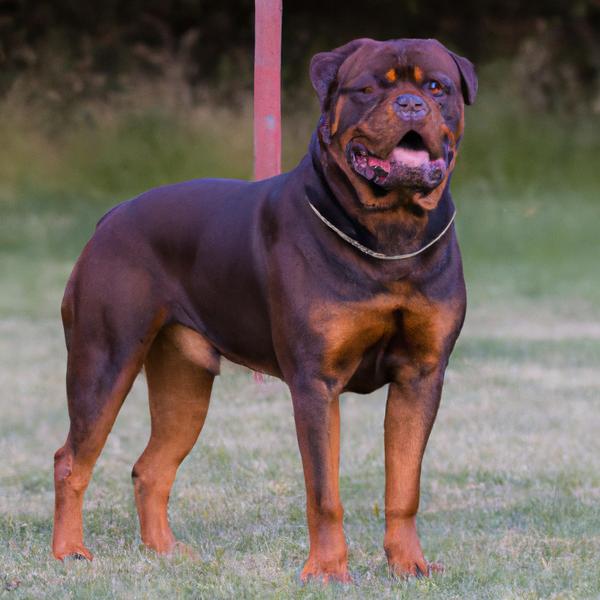
Rottie Bordeaux
American Bullweiler vs Rottie Bordeaux
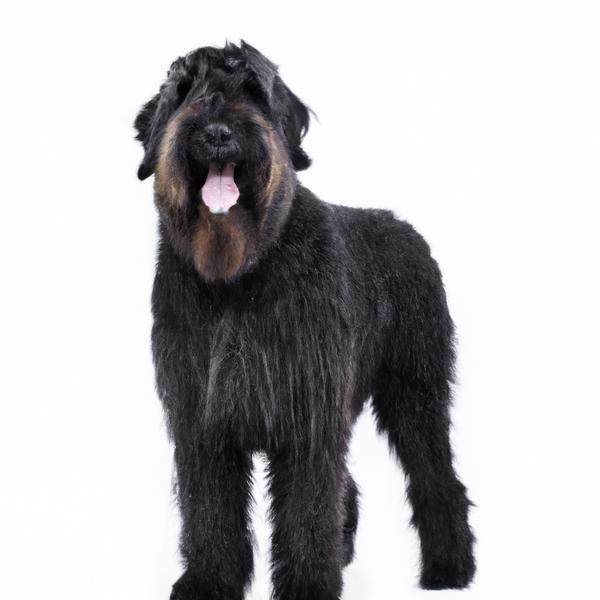
Bouvier des Flandres
American Bullweiler vs Bouvier des Flandres
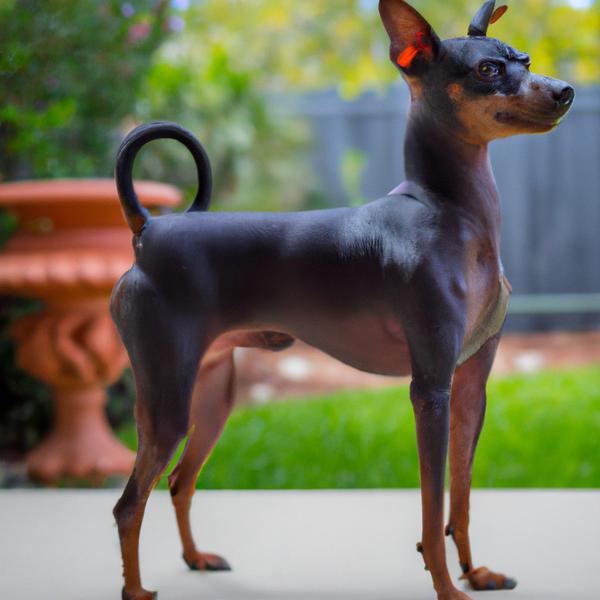
Italian Grey Min Pin
American Bullweiler vs Italian Grey Min Pin
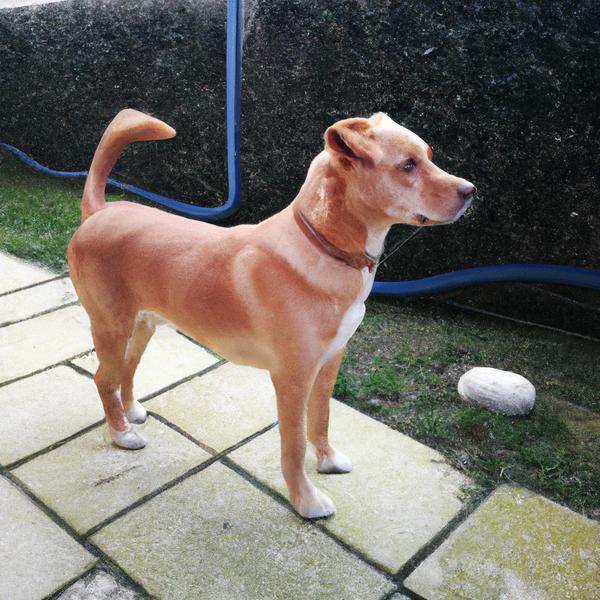
Cursset
American Bullweiler vs Cursset
